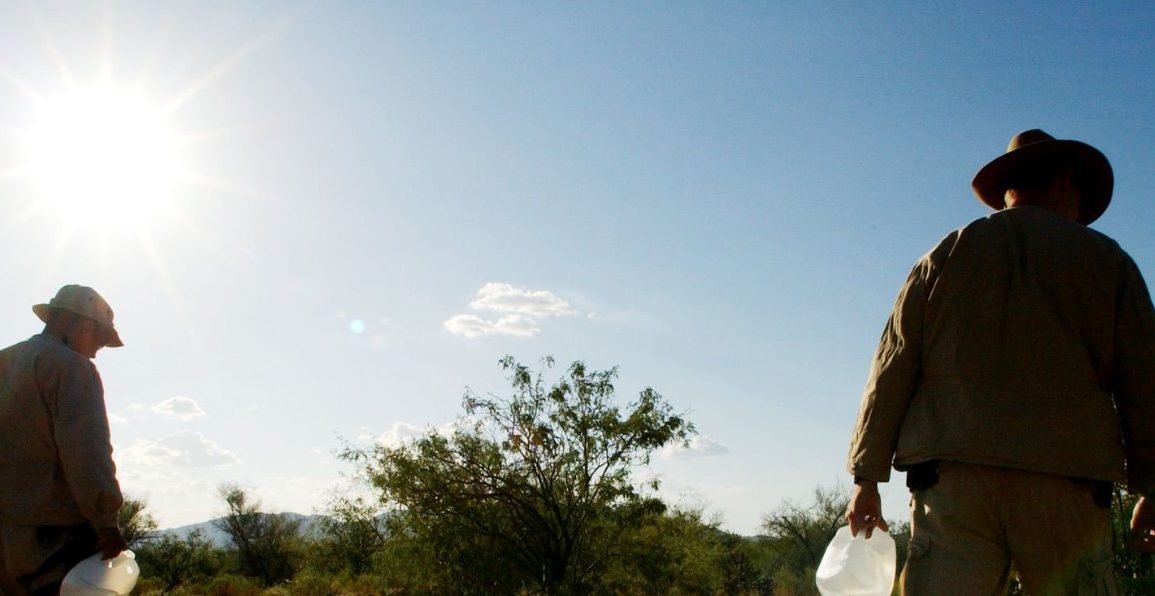A recent study from the Barcelona Institute for Global Health (ISGlobal) has revealed that climate breakdown was responsible for more than half of the 68,000 heat-related deaths during the extreme European summer of 2022.
Researchers found that approximately 38,000 lives could have been saved if human-induced climate change had not intensified heatwaves through pollution and greenhouse gas emissions.
This staggering death toll starkly contrasts the 3,400 homicide cases recorded in Europe that year, illustrating the grave impact of rising temperatures on public health.
Lead author Thessa Beck emphasized the immediacy of climate change, stating, “Many see climate change as a future concern. Yet our findings underscore that it is already a pressing issue.”
The data indicated that women, older adults, and southern Europeans were disproportionately affected, with climate change contributing to 22,501 deaths among women and 14,026 among men.

The study highlighted that 56% of these heat-related deaths could have been avoided without the warming effects of fossil fuel consumption and environmental degradation.
This increase in mortality due to heat, as noted by researcher Emily Theokritoff, correlates with even slight temperature rises, which overwhelm individuals’ ability to acclimate.
Europe is warming at twice the global average, and health officials warn that hospitals are ill-prepared for the increasing demands of heat-related illnesses.
The World Health Organization warns that the number of lives lost to extreme heat will surpass those saved by milder winters if global temperatures rise more than 2°C above pre-industrial levels.
In response, experts recommend actionable steps, including better hydration practices, urban planning to increase green spaces, and comprehensive heat action plans to safeguard vulnerable populations.
As Beck succinctly put it, “Heat can be very dangerous for the heart, especially for older people.”
The urgency of addressing climate change has never been clearer; proactive measures are essential to mitigate the profound health risks posed by rising temperatures.

